Franca Florio, la regina senza corona di Palermo, una donna il cui splendore sfiorò l’eternità, ma il cui cuore conobbe l’amarezza della caducità. Nata Franca Jacona della Motta dei baroni di San Giuliano, nel 1873, il suo destino sembrava scritto tra le linee di antichi titoli nobiliari e raffinate eleganze. Eppure, la sua vera grandezza sarebbe emersa nell’incontro con Ignazio Florio, l’erede di una delle famiglie più ricche e influenti della Sicilia.
La loro unione fu l’alba di un’epoca: la Palermo della Belle Époque si specchiava in Franca, che divenne simbolo e musa della rinascita culturale e artistica della città. Il suo matrimonio con Ignazio la trasportò in un vortice di lussi, feste sfarzose e corti di artisti e intellettuali. I Florio erano gli imperatori non ufficiali della Sicilia, e Franca ne era la regina luminosa, splendente in ogni evento mondano, tra balli di gala e serate d’opera.

Ma non era soltanto un’icona di bellezza e stile, sebbene gli artisti dell’epoca la celebrassero come tale. Giovanni Boldini, il grande maestro del ritratto, catturò la sua figura in un dipinto che ancora oggi racconta il suo fascino immortale: il corpo snello, il volto nobile, i lunghi capelli corvini avvolti in un’aura di mistero. Quel ritratto, carico di movimento e sfavillio, è uno specchio del suo essere, ma anche un’ombra di ciò che avrebbe perso.
Franca fu al centro della scena, corteggiata dai più grandi del suo tempo: Gabriele D’Annunzio la chiamava “l’Unica”, riconoscendo in lei una bellezza non solo fisica, ma spirituale, una raffinatezza che parlava di antiche radici e di una modernità nascente. Ma al di là dei salotti e delle lodi, il cuore di Franca batteva sempre per il suo Ignazio, in una storia d’amore tanto gloriosa quanto dolorosa. Lontana dal solo ruolo di moglie, Franca fu complice e consigliera di Ignazio, condividendo con lui successi e disfatte, vedendo l’impero della famiglia crescere e, poi, inesorabilmente, sgretolarsi.
L’età dell’oro dei Florio non durò per sempre. Le difficoltà economiche, i rovesci di fortuna e le tragedie personali si abbatterono sulla famiglia. Franca assisté al declino del nome che tanto aveva contribuito a far brillare. Gli ultimi anni della sua vita furono segnati dalla malinconia, dal ricordo di un passato luminoso che sembrava svanire, come il sole al tramonto sul mare di Palermo. Eppure, persino nel crepuscolo della sua esistenza, rimase un simbolo di grazia e dignità, un esempio di resilienza.
Oggi, quando il vento soffia tra i viali di Villa Igiea o le onde accarezzano i moli del porto, sembra di percepire ancora la sua presenza, come un sussurro elegante che attraversa il tempo. Franca Florio è l’eco di un’epoca in cui la bellezza, l’amore e l’arte sembravano intrecciarsi indissolubilmente, per poi svanire come un sogno di cui rimane solo il ricordo, intriso di nostalgia e ammirazione.

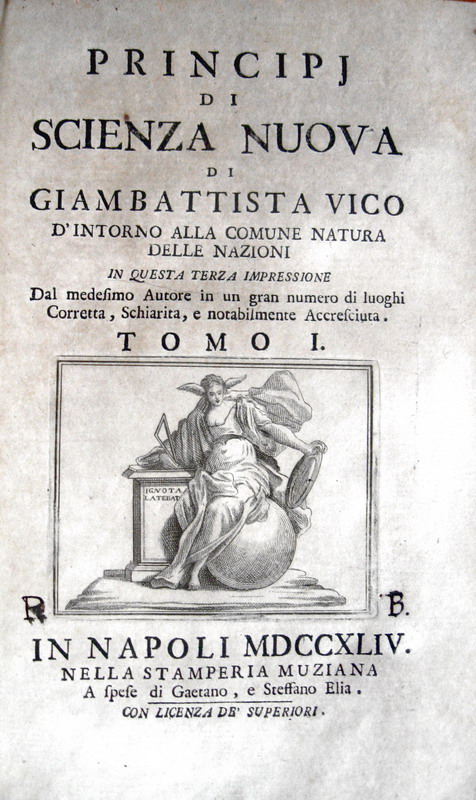 Principi di Scienza Nuova d’intorno alla comune natura delle Nazioni di Giambattista Vico, pubblicato in diverse edizioni tra il 1725 e il 1744, costituisce un punto di svolta nella storia del pensiero filosofico e storico dell’epoca moderna. Questo testo ridefinisce il ruolo della filosofia e della storia, introducendo un nuovo metodo di indagine sulla civiltà umana, basato su principi di variazione e ripetizione, che Vico chiama corsi e ricorsi storici.
Principi di Scienza Nuova d’intorno alla comune natura delle Nazioni di Giambattista Vico, pubblicato in diverse edizioni tra il 1725 e il 1744, costituisce un punto di svolta nella storia del pensiero filosofico e storico dell’epoca moderna. Questo testo ridefinisce il ruolo della filosofia e della storia, introducendo un nuovo metodo di indagine sulla civiltà umana, basato su principi di variazione e ripetizione, che Vico chiama corsi e ricorsi storici.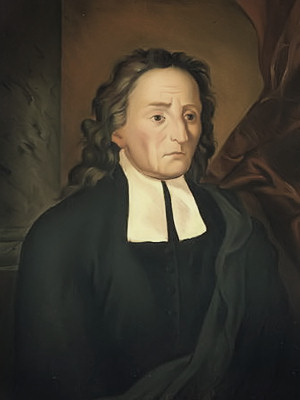 Questo schema delle tre età non solo permette a Vico di analizzare la storia umana in termini di sviluppo e declino, ma offre anche uno strumento per comprendere come le società interpretano e integrano i cambiamenti.
Questo schema delle tre età non solo permette a Vico di analizzare la storia umana in termini di sviluppo e declino, ma offre anche uno strumento per comprendere come le società interpretano e integrano i cambiamenti. America Latina: democrazia, populismo e criminalità, di Giorgio Malfatti di Monte Tretto (Eurilink University Press, 2024), ambasciatore e docente universitario, presenta una panoramica esaustiva delle dinamiche politiche, sociali ed economiche dell’America Latina. Il libro si distingue per un’approfondita analisi storica e contemporanea della regione, ponendo l’accento su temi cruciali quali, appunto, la democrazia, il populismo e la criminalità.
America Latina: democrazia, populismo e criminalità, di Giorgio Malfatti di Monte Tretto (Eurilink University Press, 2024), ambasciatore e docente universitario, presenta una panoramica esaustiva delle dinamiche politiche, sociali ed economiche dell’America Latina. Il libro si distingue per un’approfondita analisi storica e contemporanea della regione, ponendo l’accento su temi cruciali quali, appunto, la democrazia, il populismo e la criminalità.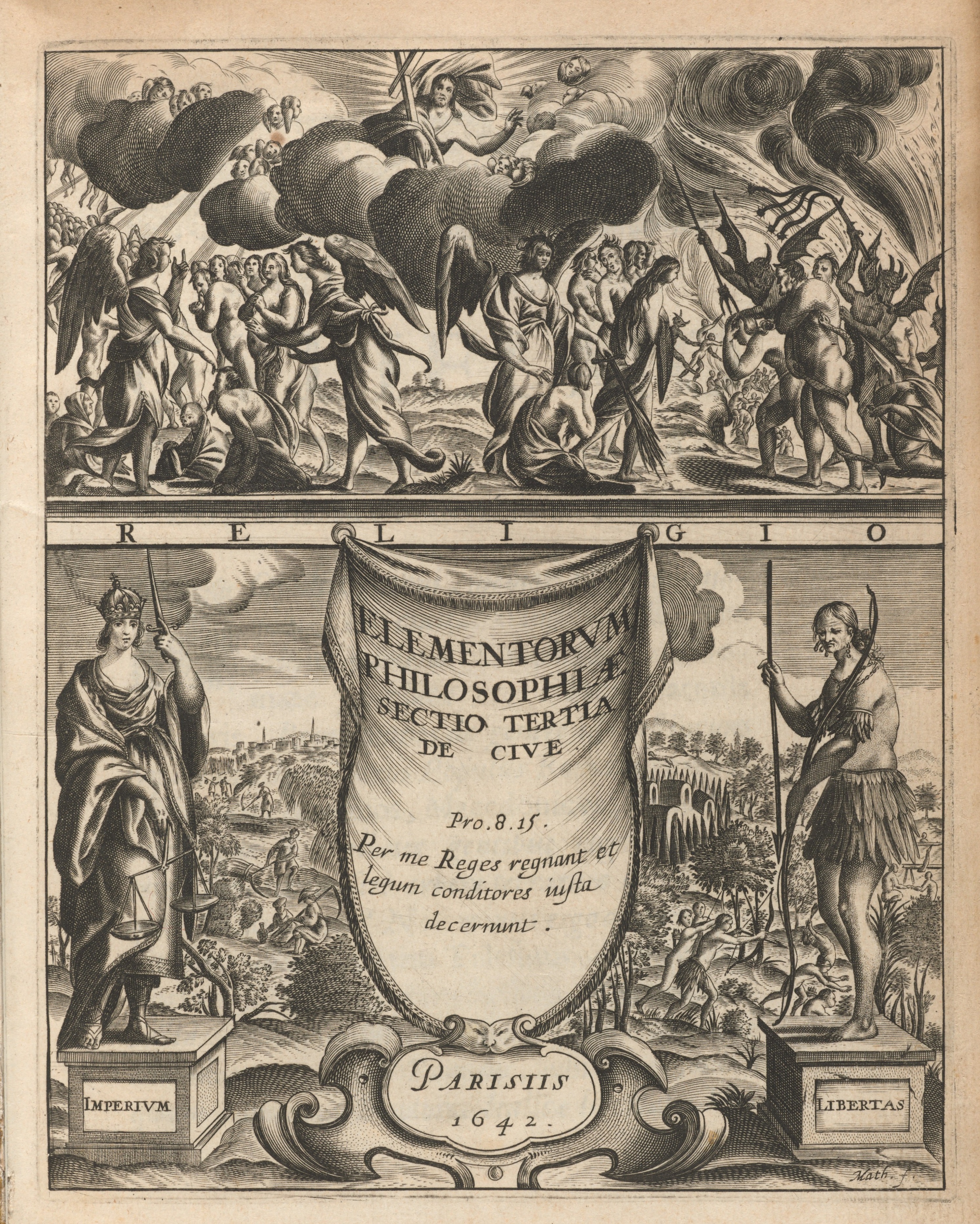
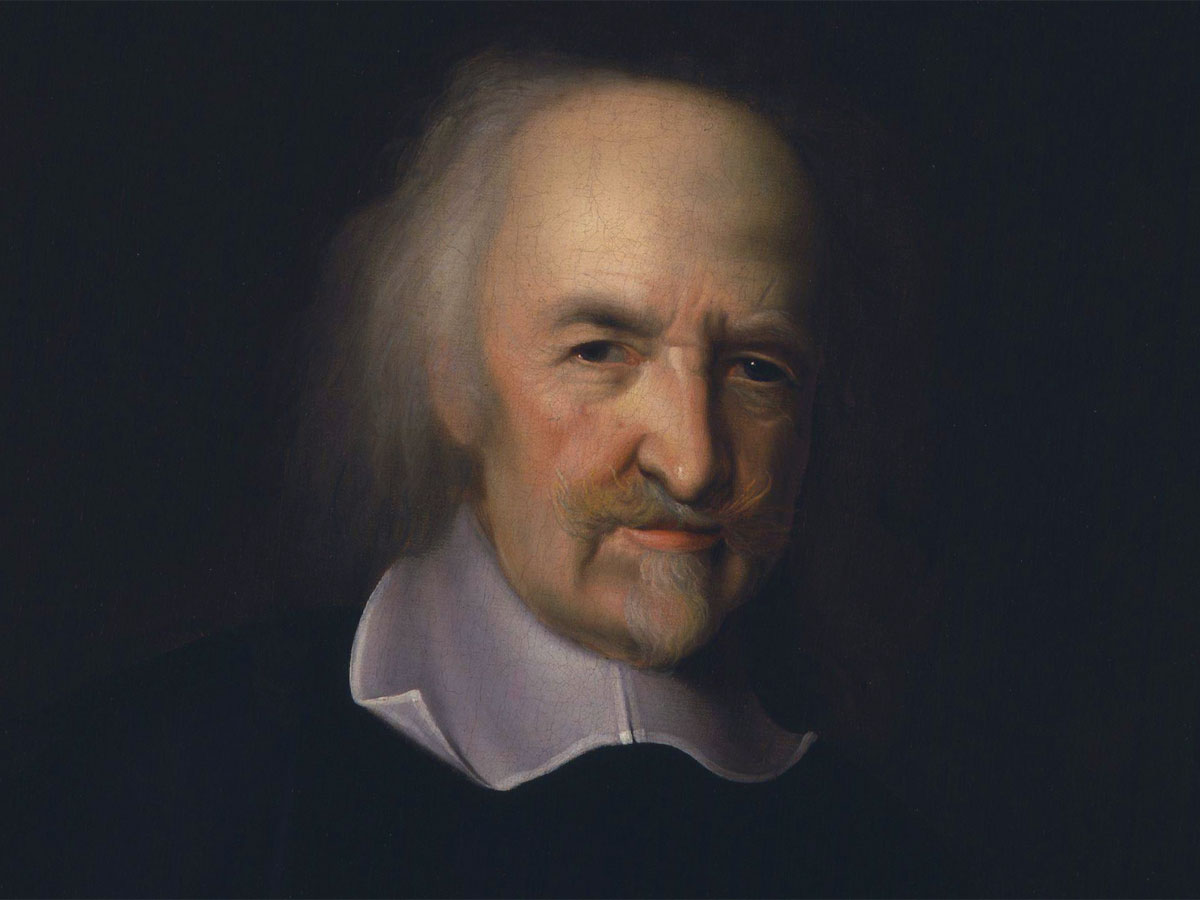

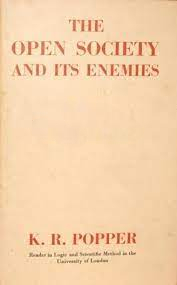 La società aperta e i suoi nemici, pubblicata da Karl Popper in due volumi, tra il 1943 e il 1945, presenta una critica radicale al totalitarismo e difende con passione il valore delle società democratiche e liberali. La sua analisi si estende attraverso la filosofia, la storia e la politica, rendendola una pietra miliare nel pensiero del XX secolo.
La società aperta e i suoi nemici, pubblicata da Karl Popper in due volumi, tra il 1943 e il 1945, presenta una critica radicale al totalitarismo e difende con passione il valore delle società democratiche e liberali. La sua analisi si estende attraverso la filosofia, la storia e la politica, rendendola una pietra miliare nel pensiero del XX secolo. La parte conclusiva dell’opera è dedicata alla difesa della società aperta, che Popper identifica con la democrazia liberale, interpretata non solo come un sistema politico, ma come ethos culturale che valorizza la libertà individuale, il pluralismo e il cambiamento progressivo attraverso metodi pacifici e razionali. La democrazia liberale è innanzitutto un processo. Non è statica né definita da una particolare configurazione istituzionale, ma è un sistema dinamico che consente il cambiamento e l’adattamento. Il filosofo critica le visioni utopiche che vedono la politica come ricerca di un ordine ideale e immutabile. Al contrario, asserisce che la società aperta sia caratterizzata da “una disposizione a imparare dall’errore”, qualità che permette alle società democratiche liberali di correggersi e migliorarsi continuamente. Eleva il concetto di tolleranza a principio fondamentale della società aperta, pur avvertendo contro il “paradosso della tolleranza”: infatti, la tolleranza illimitata può portare alla distruzione della tolleranza stessa, se si permette ai tolleranti di sfruttare la libertà offerta per sopprimere i diritti altrui. In una società aperta, la tolleranza richiede un equilibrio attivo, a cui i limiti sono posti per prevenire l’ascesa di forze intolleranti e autoritarie. Un aspetto risolutivo della democrazia liberale è costituito dall’importanza del disaccordo e del dibattito aperto. Popper sostiene che il progresso scientifico e sociale si verifichi per mezzo di un costante processo di congettura e confutazione, dove le teorie sono proposte, testate e spesso confutate. Analogamente, la democrazia deve operare attraverso un dialogo aperto e critico, in cui le politiche sono proposte, discusse e modificate in risposta ai giudizi e ai cambiamenti delle circostanze. Infine, pone una forte enfasi sui diritti individuali quale fondamento della democrazia liberale. La loro protezione non è solo una questione di giustizia legale o morale ma è essenziale per la creazione di un ambiente in cui gli individui possono pensare, esprimersi e agire senza paura di repressione, considerando ciò essenziale per il mantenimento di una società aperta e per il progresso continuo verso una migliore condizione umana.
La parte conclusiva dell’opera è dedicata alla difesa della società aperta, che Popper identifica con la democrazia liberale, interpretata non solo come un sistema politico, ma come ethos culturale che valorizza la libertà individuale, il pluralismo e il cambiamento progressivo attraverso metodi pacifici e razionali. La democrazia liberale è innanzitutto un processo. Non è statica né definita da una particolare configurazione istituzionale, ma è un sistema dinamico che consente il cambiamento e l’adattamento. Il filosofo critica le visioni utopiche che vedono la politica come ricerca di un ordine ideale e immutabile. Al contrario, asserisce che la società aperta sia caratterizzata da “una disposizione a imparare dall’errore”, qualità che permette alle società democratiche liberali di correggersi e migliorarsi continuamente. Eleva il concetto di tolleranza a principio fondamentale della società aperta, pur avvertendo contro il “paradosso della tolleranza”: infatti, la tolleranza illimitata può portare alla distruzione della tolleranza stessa, se si permette ai tolleranti di sfruttare la libertà offerta per sopprimere i diritti altrui. In una società aperta, la tolleranza richiede un equilibrio attivo, a cui i limiti sono posti per prevenire l’ascesa di forze intolleranti e autoritarie. Un aspetto risolutivo della democrazia liberale è costituito dall’importanza del disaccordo e del dibattito aperto. Popper sostiene che il progresso scientifico e sociale si verifichi per mezzo di un costante processo di congettura e confutazione, dove le teorie sono proposte, testate e spesso confutate. Analogamente, la democrazia deve operare attraverso un dialogo aperto e critico, in cui le politiche sono proposte, discusse e modificate in risposta ai giudizi e ai cambiamenti delle circostanze. Infine, pone una forte enfasi sui diritti individuali quale fondamento della democrazia liberale. La loro protezione non è solo una questione di giustizia legale o morale ma è essenziale per la creazione di un ambiente in cui gli individui possono pensare, esprimersi e agire senza paura di repressione, considerando ciò essenziale per il mantenimento di una società aperta e per il progresso continuo verso una migliore condizione umana.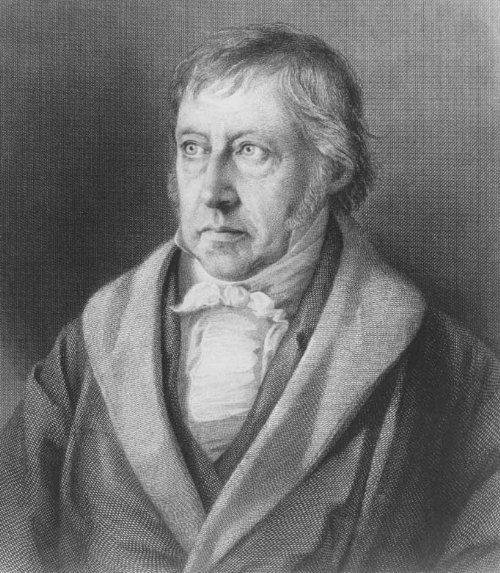
 Jean-Jacques Rousseau, nel suo Discorso sull’origine e i fondamenti della diseguaglianza tra gli uomini, pubblicato nel 1755, esamina le radici profonde e le conseguenze della diseguaglianza umana, presentando una critica serrata alle società moderne, basate sulle istituzioni e sulla proprietà privata. Quest’opera si distingue quale uno dei testi fondamentali nella storia della filosofia politica e sociale, proponendo una riflessione profonda che interpella ancora oggi il lettore su temi di bruciante attualità.
Jean-Jacques Rousseau, nel suo Discorso sull’origine e i fondamenti della diseguaglianza tra gli uomini, pubblicato nel 1755, esamina le radici profonde e le conseguenze della diseguaglianza umana, presentando una critica serrata alle società moderne, basate sulle istituzioni e sulla proprietà privata. Quest’opera si distingue quale uno dei testi fondamentali nella storia della filosofia politica e sociale, proponendo una riflessione profonda che interpella ancora oggi il lettore su temi di bruciante attualità.
 Utopia, pubblicata nel 1516 da Thomas More, è un’opera che non solo ha introdotto un nuovo genere letterario, quello della letteratura utopica, ma ha anche offerto uno spaccato profondo delle tensioni politiche e filosofiche del Cinquecento inglese ed europeo. Attraverso la descrizione di un’isola immaginaria e della sua società ideale, More esplora temi di giustizia sociale, organizzazione politica e morale individuale.
Utopia, pubblicata nel 1516 da Thomas More, è un’opera che non solo ha introdotto un nuovo genere letterario, quello della letteratura utopica, ma ha anche offerto uno spaccato profondo delle tensioni politiche e filosofiche del Cinquecento inglese ed europeo. Attraverso la descrizione di un’isola immaginaria e della sua società ideale, More esplora temi di giustizia sociale, organizzazione politica e morale individuale.